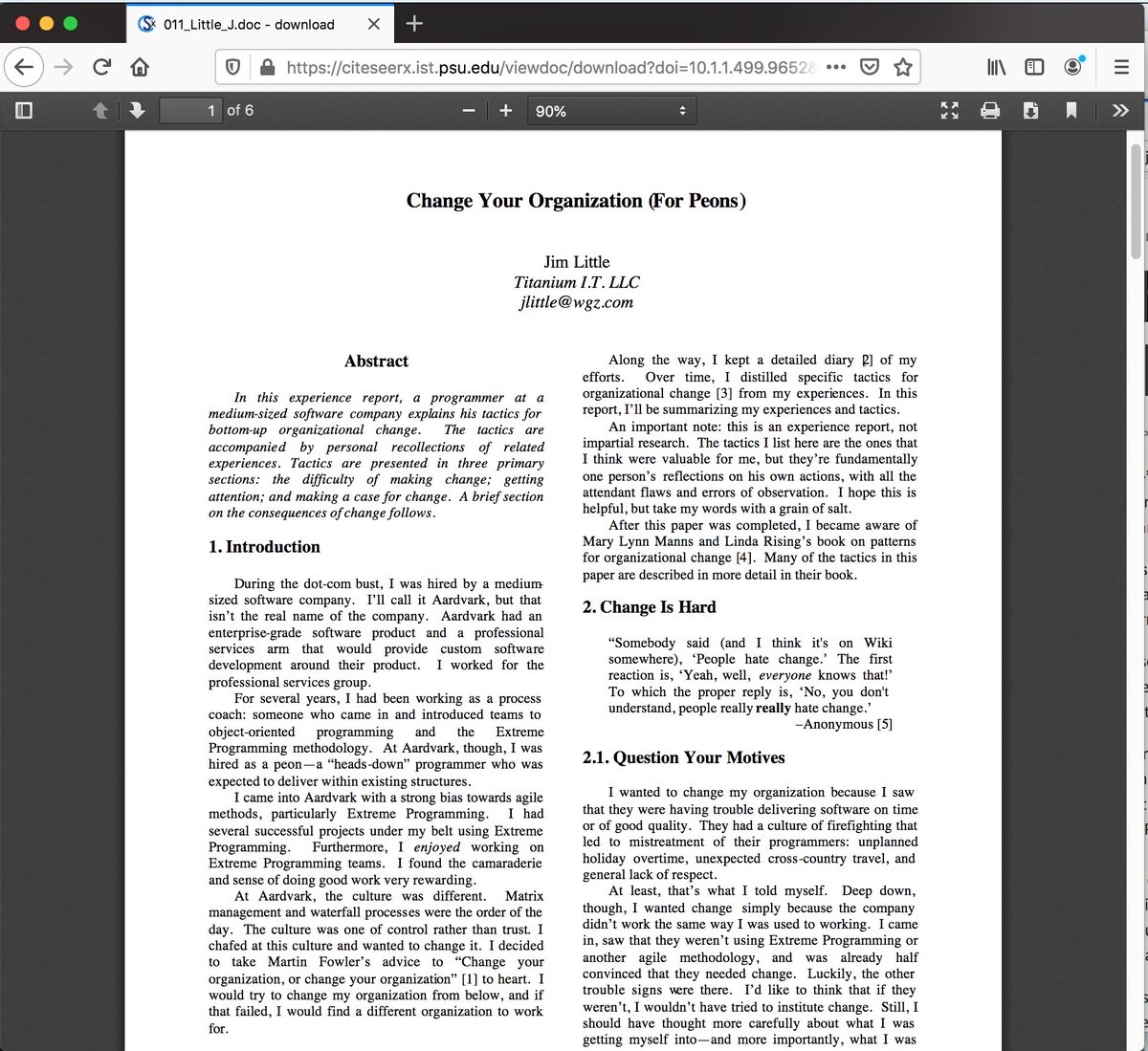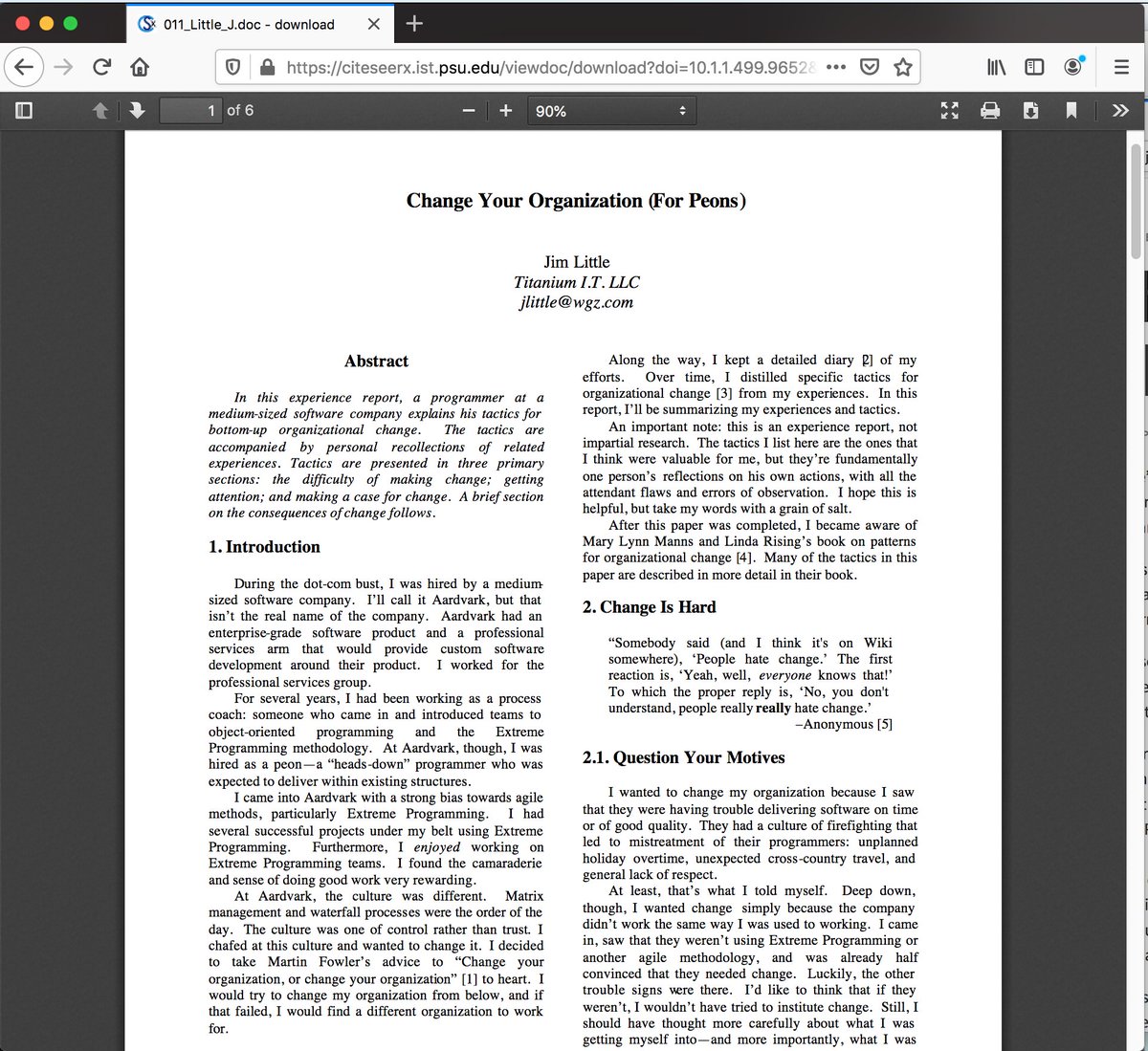
Got asked a super interesting question by a former engineer this morning:
> Why is it that when you get promoted within the same company to Senior, you 99 out of 100 don't get paid as close as someone who joins from external?
I thought I knew the answer...
What is your take?
> Why is it that when you get promoted within the same company to Senior, you 99 out of 100 don't get paid as close as someone who joins from external?
I thought I knew the answer...
What is your take?
Promoting within is much lower risk, high return. The person already has a lot of goodwill in the org. The person is already onboarded. The person already knows all the processes and culture.
Hiring from outside is much higher risk, low return. The person doesn't know the culture. There is a high change of team incompatibility issues. There will be a big cost of ramp-up and onboarding ahead that might take months or years.
Yet, how many solid engineers do you know that got a 100% total comp. increase after promotion? Zero.
How many okay engineers do you know that got a job in a new company (Big Tech or not) and got a 200% total comp increase? Many.
Why is that?
How many okay engineers do you know that got a job in a new company (Big Tech or not) and got a 200% total comp increase? Many.
Why is that?
My Theory. In most cases: On your current company, everything is based on your current baseline comp, not on the total compensation of your next level.
That is why is so critical to never share with the recruiter how much you are currently making.
That is why is so critical to never share with the recruiter how much you are currently making.
Otherwise, you will be constrained by it. I guarantee. I made this mistake many many times.
There is not a single case that when I shared my salary and that information wasn't used against me throughout the interview process.
There is not a single case that when I shared my salary and that information wasn't used against me throughout the interview process.
The only time that I was able to correct this mistake was when I had multiple competing offers. Otherwise, everything would be baselined on my current comp.
That is also my theory why you will almost never see someone getting a 100% salary increase after a promotion.
That is also my theory why you will almost never see someone getting a 100% salary increase after a promotion.
I would love to hear your take on this.
cc/ @LBacaj, @GergelyOrosz, @donnfelker, @dvassallo - what is your theory?
cc/ @LBacaj, @GergelyOrosz, @donnfelker, @dvassallo - what is your theory?
• • •
Missing some Tweet in this thread? You can try to
force a refresh









